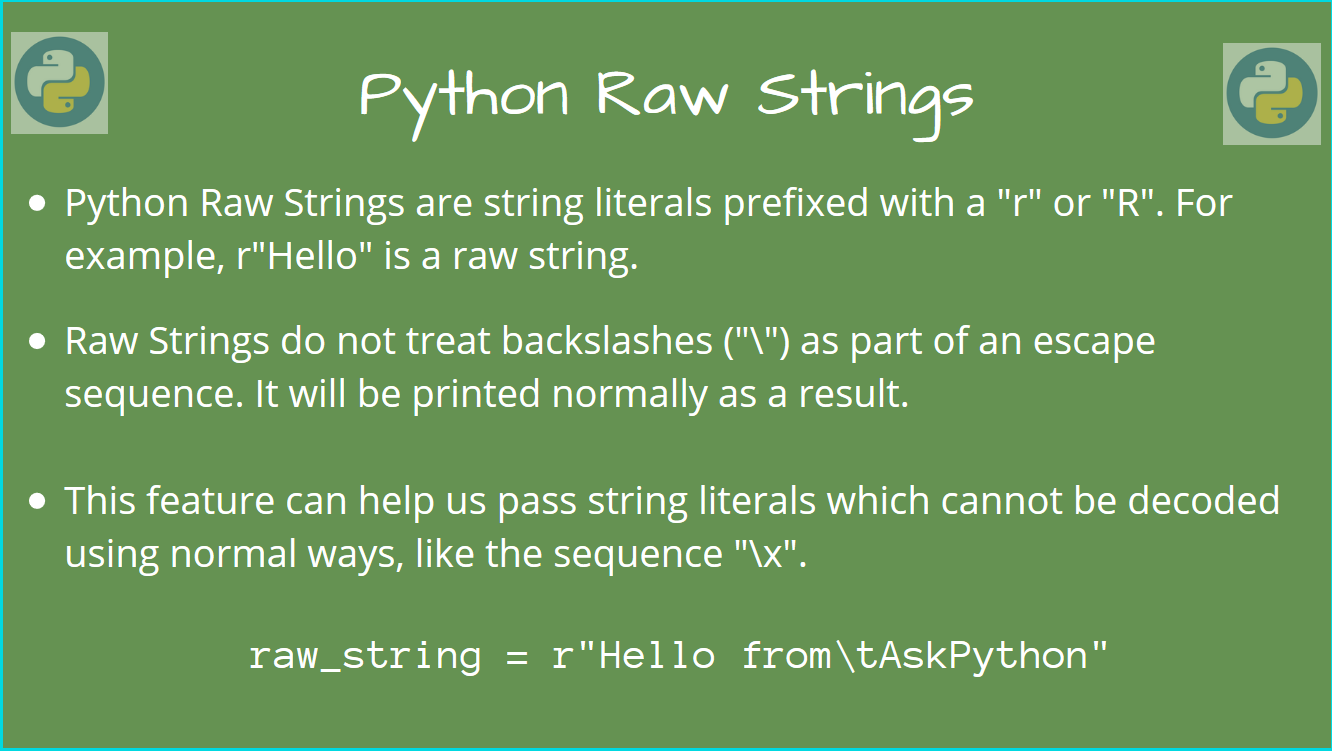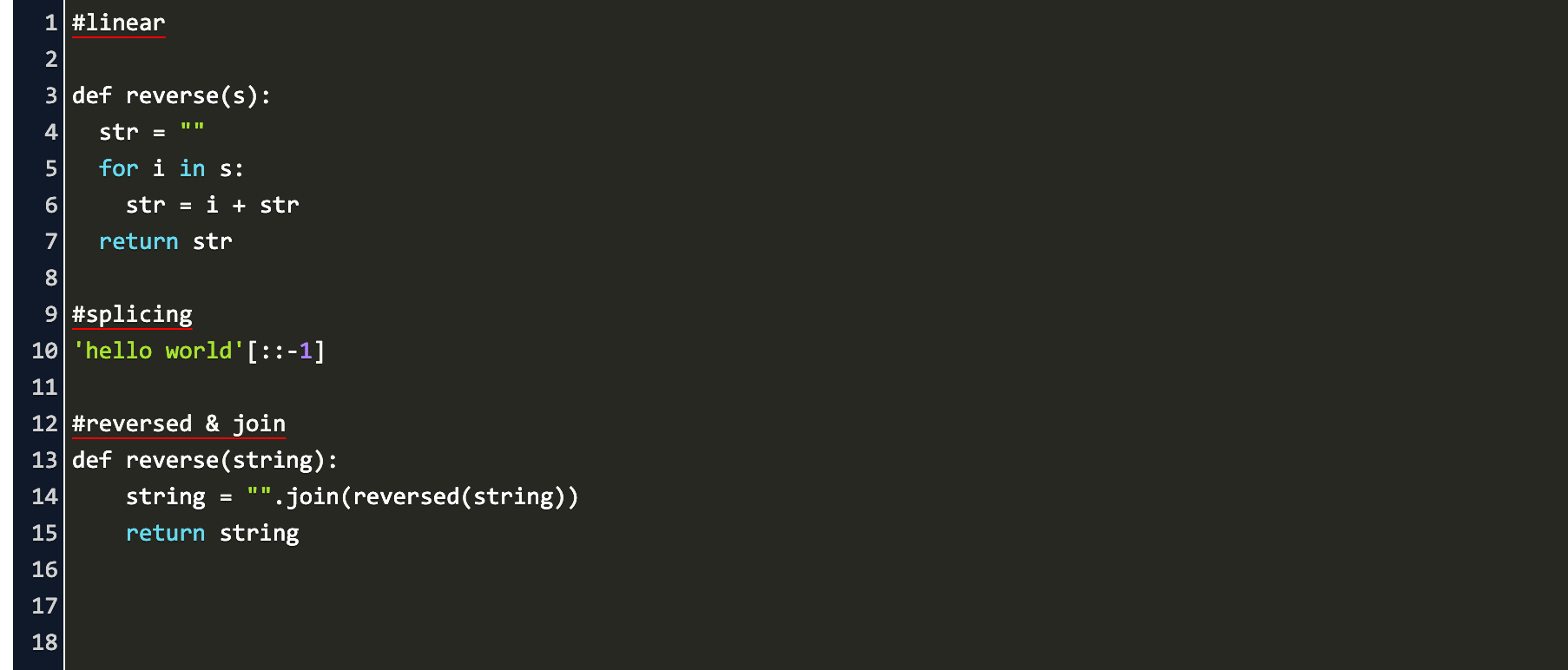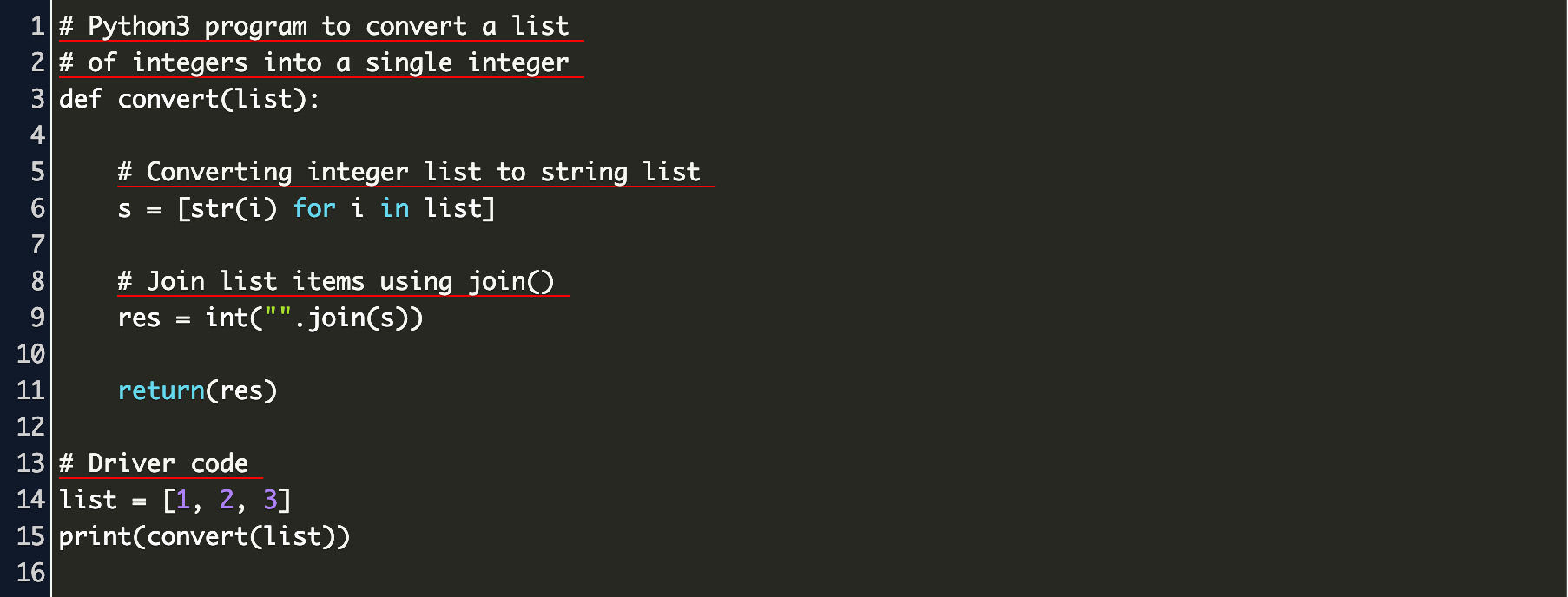Python Template Literals
Python Template Literals - For example, 'hello, world!', 12, 23.0, 'c', etc. You can design templates with just a couple of lines of code. We have to specify a precise literal. They can be numbers, characters, or strings, etc. Web in the string module, template class allows us to create simplified syntax for output specification. In this lesson, you’re going to create a template for your django. The expressions are evaluated at runtime. Web python’s template string class provides a way for simple string substitution, wherein the template fields are substituted with suitable replacement strings. Web in the str.format () method, you use {} for placeholders and place the real values inside the parenthesis. Name = str (input ()) age = int (input ()) print ('hi, {name}, you are {age}.') i assume there is no direct.
Python Template Literals The Templates Art
Web string literals in python are surrounded by either single quotation marks, or double quotation marks. Web literal types indicate that some expression has literally a specific value. Template literals allow for the automatic insertion of expressions and variable values into strings. If you are using python 3.6 or higher version,. 'hello' is the same as hello.
Python R Before String Literal Article Blog
Web in the string module, template class allows us to create simplified syntax for output specification. (reopen) general purpose string template literals peps nhumrich (nick humrich) march 9, 2023, 4:10am 1 with collaboration with nick coghlan (the. Web string literals in python are surrounded by either single quotation marks, or double quotation marks. The format uses placeholder names formed by.
8 Python 3.8 Programming Tutorial String Literals Part3 (String
Supporting both python 2.x and 3.x, it's a powerful. 'hello' is the same as hello. Web literal types indicate that some expression has literally a specific value. Web template strings¶ template strings provide simpler string substitutions as described in pep 292. For example, the following function will accept only expressions that have literally the value.
Template String Literals YouTube
If you are using python 3.6 or higher version,. For example, 'hello, world!', 12, 23.0, 'c', etc. A primary use case for template strings is for internationalization (i18n) since. Web python string formatting rule of thumb: You can display a string literal with the.
7 Python 3.8 Programming Tutorial String Literals Part2 (String
Web fortunately, python offers us a better way to accomplish the same thing. We have to specify a precise literal. Web string literals in python are surrounded by either single quotation marks, or double quotation marks. 'hello' is the same as hello. The format uses placeholder names formed by $ with valid.
Python Template Literals The Templates Art
They can be numbers, characters, or strings, etc. This method can take in positional and keyword. Web ptl templates are kept in files with the extension.ptl. Name = str (input ()) age = int (input ()) print ('hi, {name}, you are {age}.') i assume there is no direct. Web string literals in python are surrounded by either single quotation marks,.
Python 8 Literals and Variables YouTube
They can be numbers, characters, or strings, etc. Template literals allow for the automatic insertion of expressions and variable values into strings. Web python string formatting rule of thumb: Web literal types indicate that some expression has literally a specific value. Web python’s template string class provides a way for simple string substitution, wherein the template fields are substituted with.
6 Python 3.8 Programming Tutorial String Literals Part1 YouTube
Each of these methods have. You can display a string literal with the. Web is there a python equivalent to template literals in javascript? Web in the str.format () method, you use {} for placeholders and place the real values inside the parenthesis. Name = str (input ()) age = int (input ()) print ('hi, {name}, you are {age}.') i.
Literals and variables in python YouTube
Web it's also fairly simple and straightforward to use; You can display a string literal with the. For example, the following function will accept only expressions that have literally the value. In this lesson, you’re going to create a template for your django. Web in the string module, template class allows us to create simplified syntax for output specification.
Python Template Literals The Templates Art
Python supports multiple ways to format text strings. Web fortunately, python offers us a better way to accomplish the same thing. Web in the str.format () method, you use {} for placeholders and place the real values inside the parenthesis. Literals are representations of fixed values in a program. This method can take in positional and keyword.
Web ptl templates are kept in files with the extension.ptl. Web is there a python equivalent to template literals in javascript? Web in the str.format () method, you use {} for placeholders and place the real values inside the parenthesis. The expressions are evaluated at runtime. Pml is a high performance template engine implemented in python, it supports many advanced features such as template. (reopen) general purpose string template literals peps nhumrich (nick humrich) march 9, 2023, 4:10am 1 with collaboration with nick coghlan (the. A primary use case for template strings is for internationalization (i18n) since. Web it's also fairly simple and straightforward to use; 'hello' is the same as hello. There is currently no way to specify, using type annotations, that a function parameter can be of any literal string type. Python supports multiple ways to format text strings. Web template strings¶ template strings provide simpler string substitutions as described in pep 292. You can design templates with just a couple of lines of code. For example, the following function will accept only expressions that have literally the value. Web python’s template string class provides a way for simple string substitution, wherein the template fields are substituted with suitable replacement strings. This method can take in positional and keyword. Literals are representations of fixed values in a program. The format uses placeholder names formed by $ with valid. Web in the string module, template class allows us to create simplified syntax for output specification. In this lesson, you’re going to create a template for your django.
Literals Are Representations Of Fixed Values In A Program.
Web template strings¶ template strings provide simpler string substitutions as described in pep 292. Web in the str.format () method, you use {} for placeholders and place the real values inside the parenthesis. Web it's also fairly simple and straightforward to use; You can design templates with just a couple of lines of code.
The Expressions Are Evaluated At Runtime.
For example, the following function will accept only expressions that have literally the value. Web fortunately, python offers us a better way to accomplish the same thing. The format uses placeholder names formed by $ with valid. We have to specify a precise literal.
Web Ptl Templates Are Kept In Files With The Extension.ptl.
Name = str (input ()) age = int (input ()) print ('hi, {name}, you are {age}.') i assume there is no direct. For example, 'hello, world!', 12, 23.0, 'c', etc. In this lesson, you’re going to create a template for your django. Web is there a python equivalent to template literals in javascript?
Python Supports Multiple Ways To Format Text Strings.
Web in the string module, template class allows us to create simplified syntax for output specification. Supporting both python 2.x and 3.x, it's a powerful. Web for a quick overview, read about django with pathlib below, or a more detailed discussion in the lesson comments. 'hello' is the same as hello.









